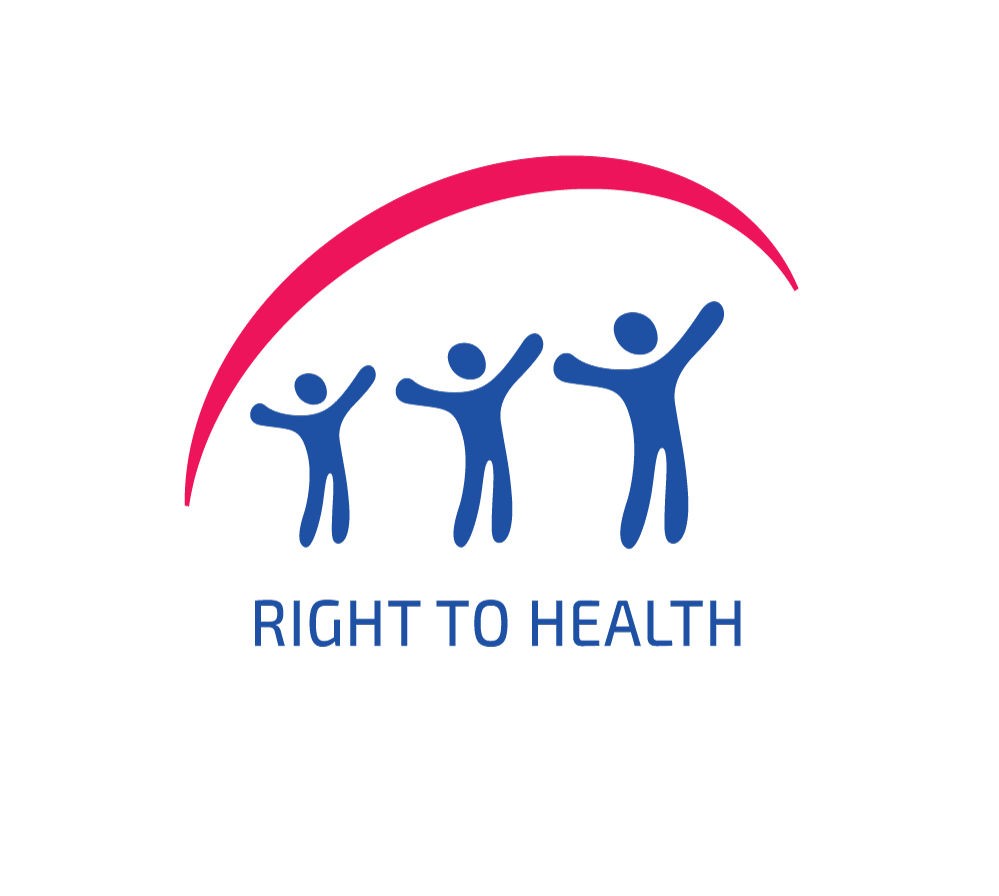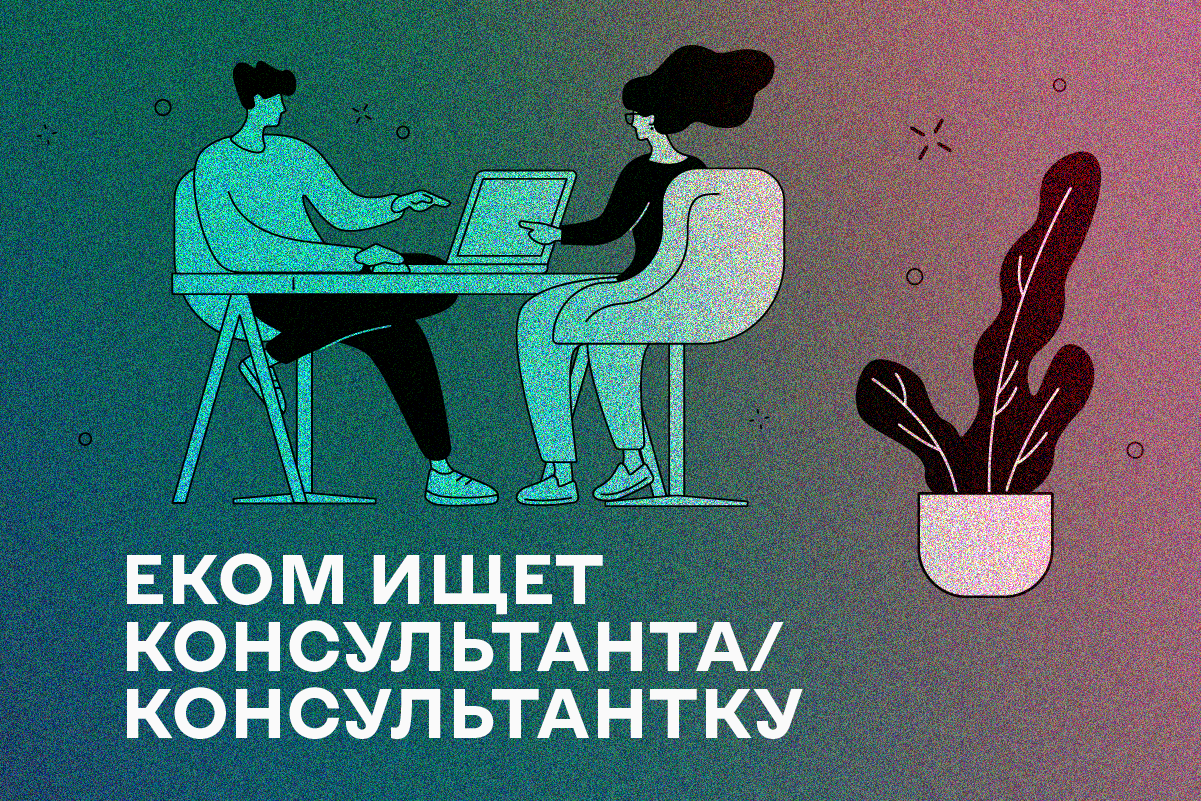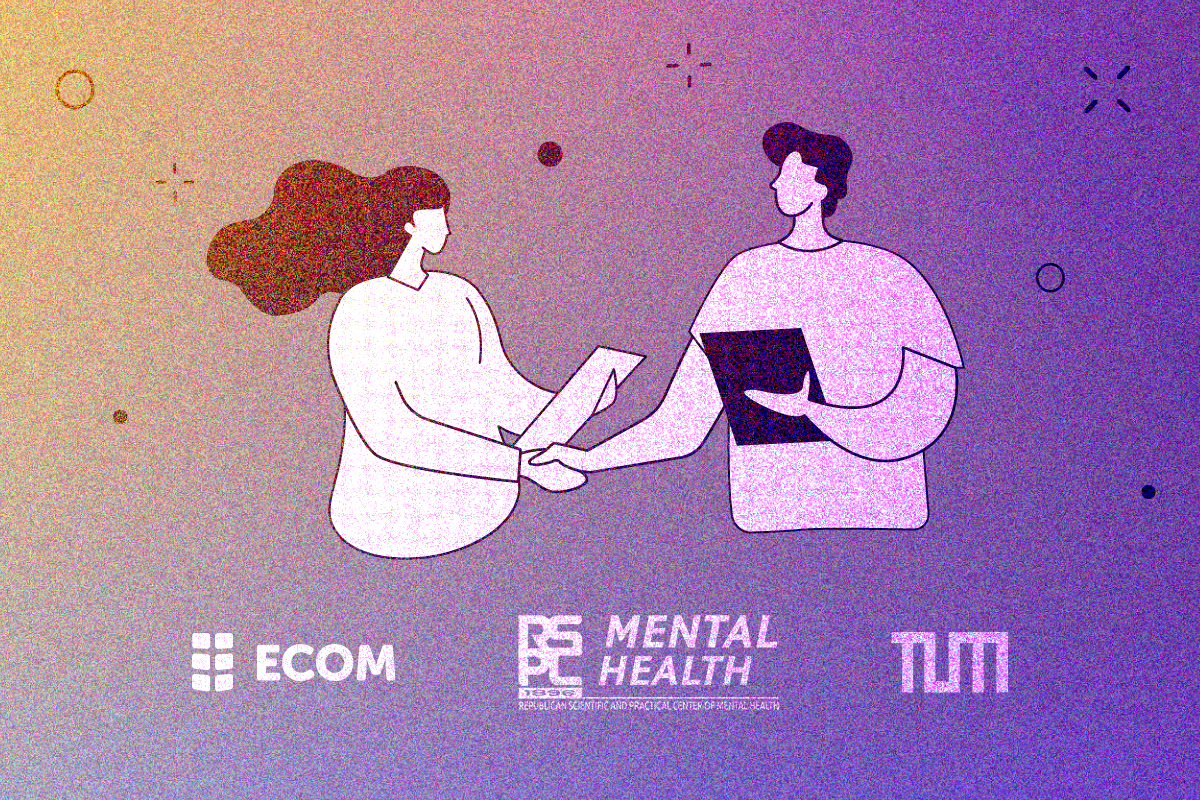
The Global Fund to Fight AIDS, Tuberculosis and Malaria (Global Fund) continues to be one of ECOM’s closest partners. Following the signing of the grant agreement for ECOM’s regional program, the Global Fund is also set to become ECOM’s biggest donor. During 2016, ECOM continued its close collaboration with the Global Fund and ramped up preparations for the implementation of its regional program.
ECOM’s Regional Program—Right to Health: Community Actions to Increase Access of MSM and Transgender People to HIV Services in Central and Eastern Europe and Central Asia
Following the success of the regional consultation on ECOM’s regional program concept note, held in Istanbul in November 2015, ECOM proceeded with the development of the final version of the concept note at the beginning of 2016. In January, ECOM’s Steering Committee opted to include Georgia as the fifth target country for the program, along with Armenia, Belarus, Kyrgyzstan, and Macedonia.
Shortly thereafter, ECOM submitted the concept note for the regional program to the Global Fund in February. The three main objectives of the program, as detailed in the final version of the concept note are: (1) to contribute to an increase in MSM and trans* community participation in decision-making in national HIV responses; (2) to contribute to building the capacity of MSM and trans* organizations by strengthening organizational structures, technical competence, and fundraising capacity; and (3) to strengthen enabling environments for HIV services for MSM and trans* people, by fighting stigma and discrimination, promoting and protecting human rights, and removing legal and policy barriers.
In May, ECOM was thrilled to learn that the Global Fund had approved its concept note. The Global Fund’s Technical Review Panel (TRP) found the concept note to be technically sound and strategically focused, and noted that all proposed interventions are of the highest priority.
During the months following the approval of the concept note, ECOM began collaborating with the Global Fund on the grant-making process. In conjunction with this, ECOM appointed Maxim Kasianczuk as Monitoring and Evaluation Coordinator. As head of ECOM’s Monitoring and Evaluation (M&E) program, Maxim will provide leadership and guidance on M&E and ensure the effective development and management of ECOM’s M&E system for the regional program.
For the first time in the history of ECOM, there is a complete system allowing the organization to not only evaluate the achievement of individual phases of its programs, but to also make informed managerial decisions based on carefully selected indicators. The M&E system developed for the regional program will serve as the basis for ECOM’s overall M&E system and will include monitoring and evaluating other ECOM projects, as well as the implementation of its strategic plan. Presently, ECOM is developing an integrated management computer system, which will include both program and financial indicators.
The regional program's M&E system is comprised of three main components. ECOM will first conduct several related basic studies (quality of strategic information in CEECA countries, organizational capacity of national partners, prejudice towards LGBT people among people and institutions providing HIV and other social services, internalized homophobia among the LGBT communities in CEECA countries). Subsequently, ECOM will monitor the timeliness and quality of the implementation of individual phases of the project (the milestones). At the end, ECOM will repeat the basic assessment studies. This will enable ECOM to ensure that all planned activities were completed and to see what changes occurred in the countries within the framework of the regional program.
In September, ECOM received two members of the Global Fund’s Local Fund Agent (LFA) at its offices in Tallinn, Estonia. The LFA officers were tasked with conducting a capacity assessment and with advising ECOM on further grant-making processes. Members of ECOM staff conducted their own site visits to Georgia, Armenia, and Macedonia in order to meet with country partners and discuss plans for the upcoming implementation of the regional program.
ECOM was pleased to sign the grant agreement for its regional program with the Global Fund in November. According to the final terms of the agreement, the budget for the three-year program will be € 2,998,076, of which 30% will be directed to the activities of communities at the national level. The remaining funds will support implementation of regional-level activities, including programmatic capacity development of communities. The program will run from January 2017 through December 2019. ECOM intends to select sub-recipients in the coming months.
ECOM and other Global Fund-related Activities
In addition to activities related to its regional program, ECOM was also involved in a number of Global Fund initiatives and meetings in 2016. In May, Vitaly Djuma traveled to Amsterdam, Netherlands to participate in the “Expert Group Meeting of Communities & Civil Society on the Global Fund Strategy 2017-2022 & Sustainability and Transitioning.” The objectives of this meeting included informing communities and civil society network representatives on the new Global Fund Strategy 2017-2022 Framework, Eligibility Police, Global Fund Sustainability, Transition and Co-Financing Policy, and the Allocation Methodology 2017-2019, and strategizing for medium- and long-term advocacy related to financial sustainability.
Gennady Roshchupkin was brought on as a trainer for the Russia Global Fund Training for MSM Outreach Workers. The training was aimed at MSM outreach workers and focused on increasing their professional competencies and on community systems strengthening among MSM populations in Russia. The training was held over four days in May in Moscow, Russia.
In October, ECOM held a call for applicants to work on case studies on the involvement of MSM and trans* people in Global Fund processes in countries of EECA. The project will have consultants examine specific examples of best practices related to the involvement of MSM and/or trans* people in Global Fund processes, including participation in national or local working groups on HIV, membership in national country coordinating mechanisms (CCM), involvement in the development of national HIV/AIDS programs, and influence over budget discussions or decisions related to national funding of HIV/AIDS programs. The results of these case studies will be published by ECOM once the consultants have completed their work.






Комментарии
Пока никто не оставил комментарий